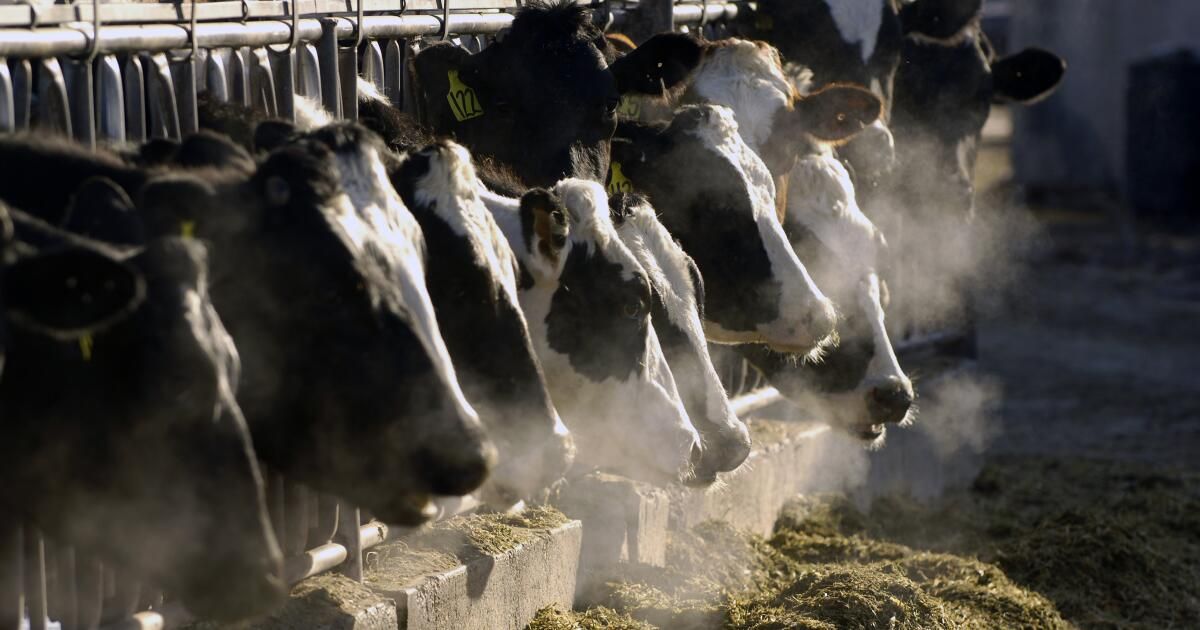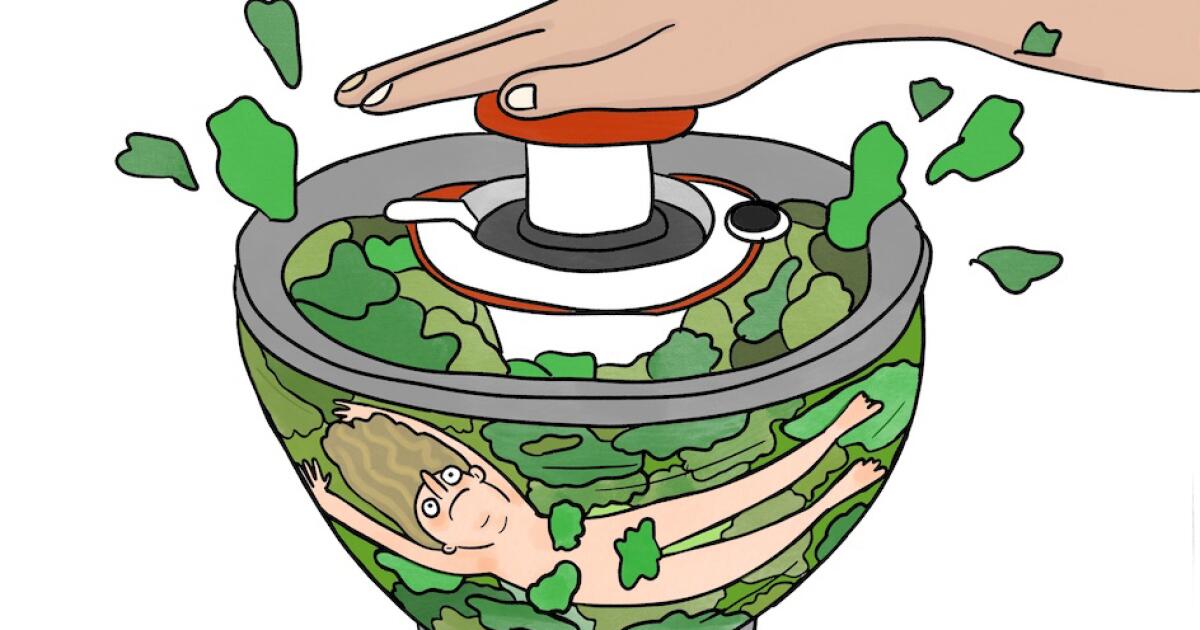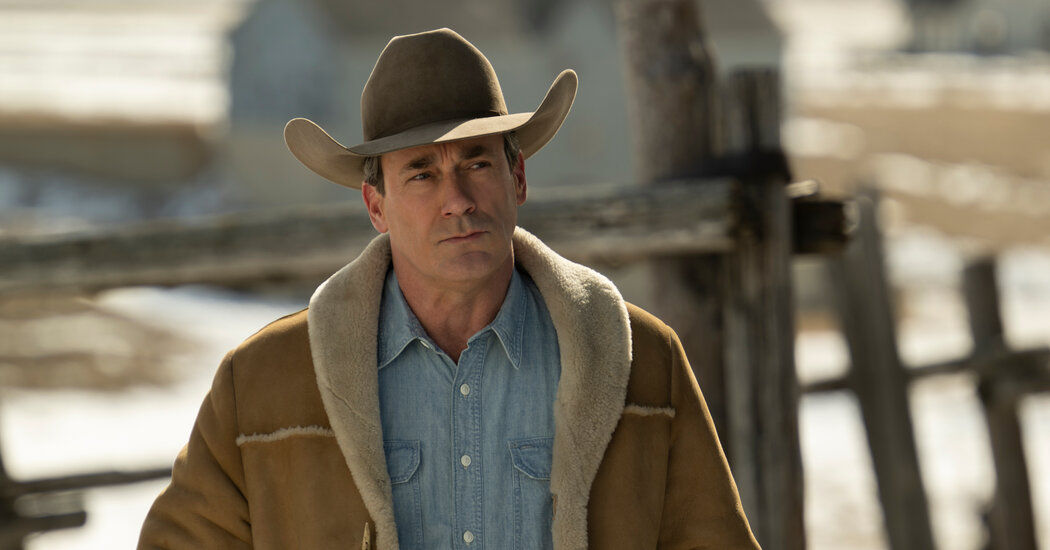Florida Governor Ron DeSantis and Alabama Governor Kay Ivey They recently enacted laws banning cell-cultured meat in their states. They apparently consider meat grown in a lab rather than from a factory-farmed animal to be so repellent that its production, distribution, or sale should be a misdemeanor punishable by jail time. In fact, when DeSantis signed his ban, said he was “fighting the global elite's plan to force the world to eat meat grown in a petri dish or insects to achieve their authoritarian goals.”
You might expect such nonsense to be met with a roll of eyes. However, in a rare show of bipartisan support, Democratic Senator John Fetterman of Pennsylvania has also jumped on the bandwagon. Last week passed post online supporting ban on cell-cultured meatand that the “beauty of democracy” is that some people can join the “pro-bio slop group,” while others can join him and DeSantis in the “pro-ribeye group.”
DeSantis, Ivey and Fetterman are wrong about cell-cultured meat and about democracy. Cell-cultured meat is one of several meat alternatives that has the potential to be part of a future humane, healthy and environmentally sustainable food system. And in the type of democracy that our leaders say they admire, one does not go around prohibiting what one does not like, much less understand. New agricultural industries should be free to compete against the status quo. Talk of bans is similar to the car whip industry attempting to ban automobiles in a fit of Luddite protectionism.
Forget for a moment about the horrible suffering animals endure before ending up as packaged pieces in your supermarket. Just consider the environmental cost of feeding the ribeye coalition. Raising cows and other animals for food consumes an enormous amount of scarce land and water; An estimate 80% of agricultural land is used for grazing and animal feed production.. It also produces a huge amount of waste, pollution and greenhouse gas emissions, making it a Main contributor to deforestation, biodiversity loss and climate change.. Is this the industry that DeSantis, Ivey and Fetterman want to defend from disruption?
There is no reason to ban cell-cultured meat at this early stage of its development. Far from it, there is only reason to aggressively explore all options to build industries that can produce nutritious and delicious foods while improving animal welfare, disease control and environmental protection. Governments should invest in research and development to see if we can develop better alternatives to the practice of raising, raising and killing tens of billions of cows, pigs, chickens, turkeys, fish and other animals each year, often in conditions of overcrowding and toxic that harm animals, workers and consumers alike.
If DeSantis, Ivey and Fetterman – and state officials in Kentucky, Tennessee and West Virginia who are reportedly considering bans – want to have a conversation about whether certain types of meat production should be banned, then fine, we can do that. But it may not turn out as they expect. In a liberal capitalist democracy like the United States, the government is supposed to intervene in market activity only in particular circumstances; for example, when market activity is causing massive and unnecessary harm to people without their consent. What happens when we apply that standard to different meat production methods?
The production of cell-cultured meat, plant-based meat, and other similar alternatives is not harmful enough to warrant a ban. However, ironically, factory farming is. It deals a huge amount of damage to everyone, whether we participate or not. The recent outbreak of avian flu in dairy herds is just one of countless dangerous externalities that plausibly justify government intervention.
This does not mean that governments should, or can, ban factory farming overnight. As with phasing out fossil fuels, phasing out factory farming would require decades of work. Companies would need to increase the production of meat alternatives and governments would need to support this work through financial and regulatory policies. Governments would also need to ensure that everyone has access to food and income along the way – a “just transition” for consumers and workers.
We can say this with confidence: if we do this work, then an eventual ban on factory farming could well be possible. Anyway, we definitely shouldn't ban cell-cultured meat at this early stage.
Come on DeSantis, Ivey and Fetterman: embrace the old American innovation. Join the coalition of people who want to continue making the foods you say you love, only without animal suffering, disease outbreaks, and environmental destruction that make them unsustainable.
Arthur L. Caplan heads the division of medical ethics at New York University Grossman School of Medicine. Jeff Sebo is an associate professor of environmental studies and affiliate professor of bioethics, medical ethics, philosophy, and law at New York University. His most recent book is Save animals, save ourselves.












